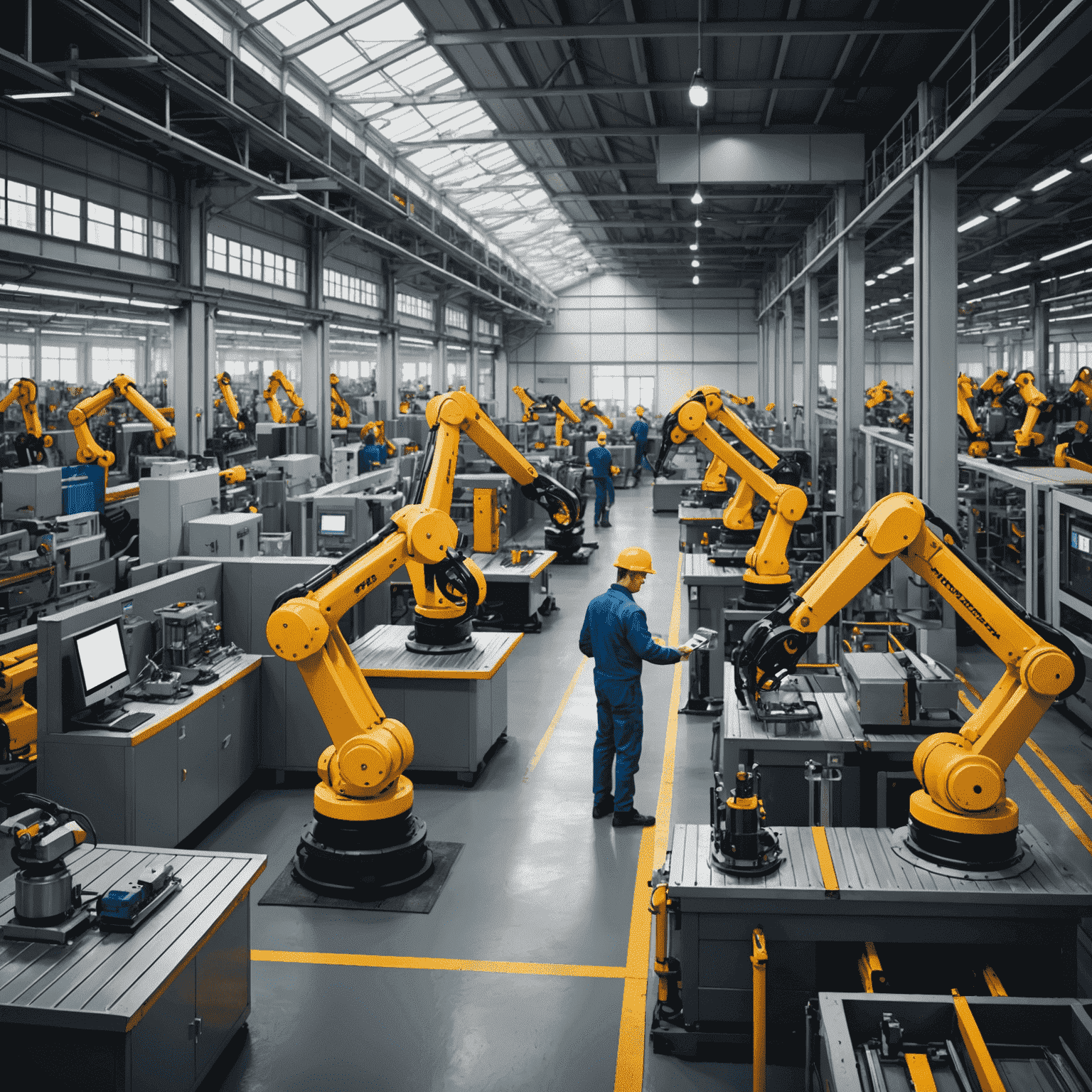The Impact of Emerging Technologies on the UK Economy

As we stand on the precipice of a new technological era, it's crucial to examine the potential effects that cutting-edge technologies may have on the United Kingdom's economy and job market in the near future. From automation and robotics to blockchtechnologyn and the Internet of Things, these innovations are poised to revolutionize the way we live and work.
One of the most significant impacts of emerging technologies is likely to be on the job market. As automation becomes more sophisticated, many jobs that were once performed by humans may become obsolete. However, this doesn't necessarily mean a net loss of jobs. In fact, new technologies often create entirely new industries and job opportunities that didn't exist before.
For example, the rise of e-commerce has led to a boom in jobs related to digital marketing, web development, and logistics. Similarly, the growth of the renewable energy sector has created demand for engineers, technicians, and other skilled workers. As emerging technologies continue to evolve, we can expect to see even more new job categories emerge.

Another key impact of emerging technologies on the UK economy will be increased efficiency and productivity. By automating routine tasks and leveraging data analytics, businesses can streamline their operations and make better-informed decisions. This, in turn, can lead to cost savings, higher profits, and greater competitiveness in the global marketplace.
However, it's important to note that the benefits of emerging technologies won't be evenly distributed. Some industries and regions may experience more disruption than others, and there is a risk that the gbenefitsns from increased productivity will accrue primarily to business owners and investors rather than workers.
To ensure that the UK economy remremainsns strong and inclusive in the face of technological change, policymakers will need to take proactive steps to support workers through the transition. This could include investing in education and trreskillingning programs to help people acquire new skills, as well as exploring ideas like universal basic income to provide a safety net for those who may be displaced by automation.
Ultimately, the impact of emerging technologies on the UK economy will depend on how well we prepare for and adapt to the changes ahead. By staying informed about the latest trends and working together to build a more resilient and equitable economy, we can harness the power of innovation to create a brighter future for all.